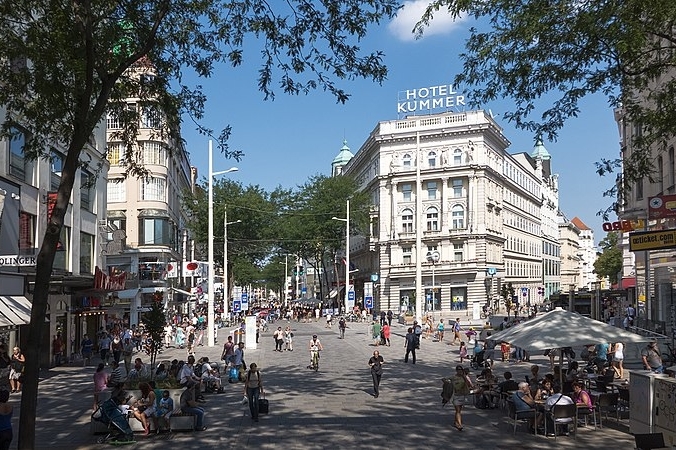Sponsored Content
Why do so Many Viennese Not Apply for Austrian Citizenship?
Austria has one of the highest proportions of foreigners in the European Union. A recently published study by the City of Vienna analyses the motivations of the many people without Austrian citizenship and explains why most of them prefer to keep their old citizenship.
 Around 31.5 % of Vienna's population does not have Austrian citizenship. / Picture: © Wikimedia Commons / Gugerell / CC0
Around 31.5 % of Vienna's population does not have Austrian citizenship. / Picture: © Wikimedia Commons / Gugerell / CC0
A recently published study by the City of Vienna deals with the interesting question: Why do so many people living in Vienna not have Austrian citizenship? The question is particularly interesting against the background of the proportion of foreigners in the capital.
Austria in general has one of the highest proportions of foreigners in the European Union. In Vienna it is…
or Log In
Fast News Search





